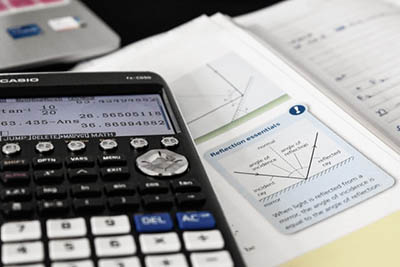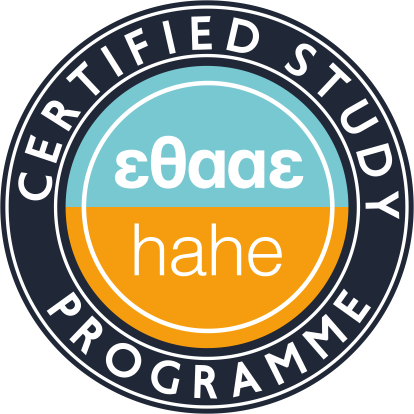The learning outcomes of the course are:
In the proven knowledge and understanding of quantitative analysis methods topics which is based on their general secondary education and, while supported by advanced level scientific textbooks and includes views arising from modern developments at the cutting edge of their field of knowledge.
Students after teaching this course will have developed the knowledge acquisition skills they need to continue in further studies with a high degree of autonomy.
Will possess advanced knowledge in a field of work or study, which involves a critical understanding of theories and principles.
You will now possess advanced and specialized skills and techniques, including synthesis and evaluation, required to solve critical problems in research and to extend and redefine existing knowledge.Summing up, the purpose of the course is to provide students with mathematical knowledge that has particular importance in economic analysis. Students will see and learn applications of these methods both in formulating and investigating theory, and in solving specific economic problems faced by business or policy making. Students will understand the necessity of the previous mathematical knowledge they have acquired and which they will apply again, and they will be able to judge and decide which are the specific mathematical methods taught in this course that are suitable for solving specific problems. They will practice their correct application, supported by exercises and examples. Applications of these quantitative methods will improve both their understanding of theoretical issues and their mathematical and economic judgment for problem solving. In addition, they gain valuable foundational mathematical knowledge that will no doubt be needed by those who decide to continue with graduate studies and research.


